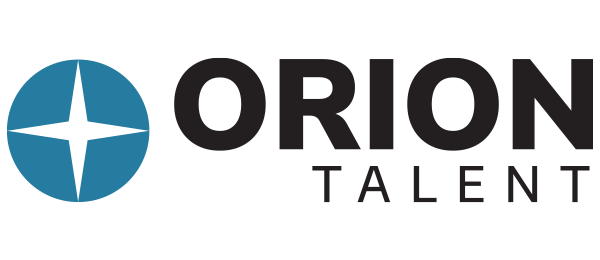The Difference Between Recruiting and Talent Acquisition
For many companies, the terms "Recruiting" and "Talent Acquisition" are used interchangeably.
However, the definitions, strategies and outcomes tell a different story. If you aren't getting the hiring results you need, it might be time to reevaluate your approach.
Tomayto, Tomahto?
Some argue that the difference between recruiting and talent acquisition is a matter of semantics. But, maybe there's more to it than that. Let's look at Mirriam-Webster's definition of recruiting first:
Recruit (v.)
- to fill up the number of with new members
- to increase or maintain the number of
In many ways, recruiting can be described as reactive. You've been notified that there's a vacated or created position within your company and you must find someone to fill it. From there, you begin the process: post the position online, reach out to your network, attend a job fair, schedule interviews and hope your top candidates make it to the offer stage. In this case, you're looking for a specific candidate to fill a specific position. Once you've found the right person for that opportunity, you're onto the next recruiting challenge. Sound familiar? It might look a little bit like this:

This approach isn't uncommon, and sometimes it's necessary due to employee turnover, increased volume of business, and a variety of other unforeseen shakeups. For long term talent planning, building relationships with your talent pool, anticipating future hiring needs and creating a pipeline of well-matched candidates is key.
The Strategic Difference
Now that we've talked about recruiting, let's go back to the dictionary to set the stage for talent acquisition.
Acquire (v.)
- to get as one's own
- to come to have as a new or added characteristic, trait, or ability
- to locate and hold
By acquiring talent, you are not only finding the right person to fill a job, you are assimilating the recruited employee into your workforce, leveraging the skillsets they bring to the table and working to retain that person. In contrast to the recruiting process outlined earlier, talent acquisition is more than just increasing the size of your workforce, it requires planning and strategy. It's important to note that recruiting is a component of talent acquisition, but there are many other elements needed to rev your talent engine. Talent acquisition is an ongoing cycle of process related to attracting, sourcing, recruiting and hiring employees within an organization. Think of it this way:

"Talent acquisition is an ongoing process that combines recruiting, networking, employer branding, and relationship building with targeted talent pools. Coupled with a focus on the candidate experience, retention and referrals, a company can eventually create a sustainable, renewing talent pipeline," says Cory Kruse, President of Novotus, an Orion company.
Jumpstart your Talent Acquisition Efforts
Orion's highly successful talent acquisition processes are powered by the force of our national recruiting and sourcing engine. We help businesses acquire skilled talent, optimize recruitment processes, and employ motivated, well-matched candidates. Orion's award winning talent solutions have helped companies of all sizes, industries and budgets achieve successful recruiting results. Orion Talent Solutions™ range from contingent to permanent labor, employer branding, talent consulting and enterprise level RPO programs. "We'll work with you to find the right solution to fill your toughest business needs," adds Kruse.
Orion Talent Solutions™ can solve even the toughest hiring challenges. If your current approach to building your workforce can use a strategic boost to plan for future workforce planning success, contact us today to learn more.














